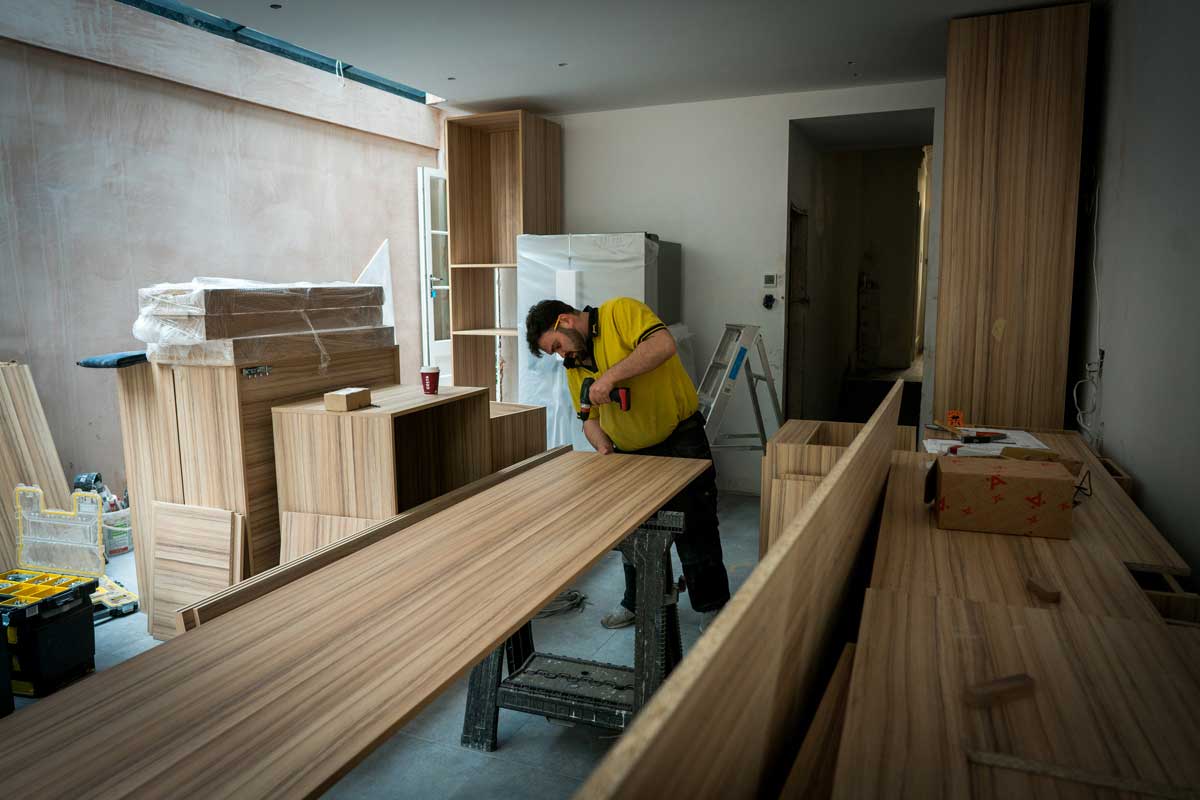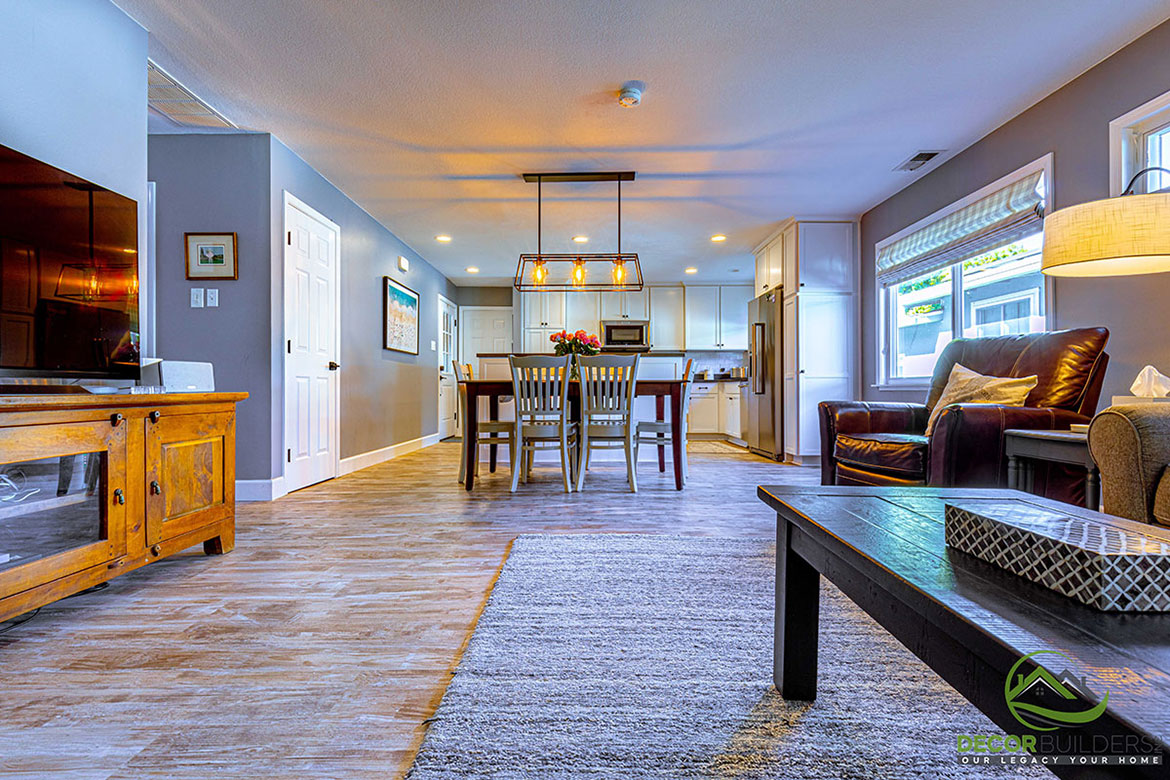
Exploring the Typical Price Tag for a Kitchen Makeover
Understanding the Basics: What Constitutes the Average Cost?
When it comes to revamping your kitchen, understanding the financial commitment involved is crucial. The average cost of a new kitchen renovation can vary significantly depending on several factors. These factors include the size of your kitchen, the quality of materials you choose, the extent of the renovation, and your location. Typically, a moderate kitchen makeover can set you back anywhere from a few thousand to tens of thousands of dollars.
Breaking Down the Expenses: Where Does the Money Go?
To grasp the average cost, it’s essential to break down the expenses. Major components contributing to the overall expenditure include cabinetry, countertops, appliances, flooring, lighting, plumbing fixtures, and labor costs. Cabinetry tends to consume a significant portion of the budget, followed closely by appliances and countertops. High-quality materials and intricate designs can escalate costs rapidly.
Factors Influencing the Average Cost of a Kitchen Renovation
Various factors influence the average cost of a kitchen renovation. The size of your kitchen plays a pivotal role, as larger spaces require more materials and labor. Additionally, the quality of materials chosen significantly impacts the final expense. Opting for premium materials such as granite countertops or custom cabinetry will inevitably increase costs compared to more budget-friendly alternatives.
Geographical Location and Its Impact on Cost
Believe it or not, your geographical location can also influence the average cost of a kitchen makeover. Urban areas and regions with a higher cost of living generally entail greater expenses for renovations due to increased labor and material costs. Conversely, rural areas may offer more competitive pricing. It’s essential to research local market trends and obtain multiple quotes to ensure you’re getting a fair deal.
Navigating Budget-Friendly Solutions: Tips for Cost Management
While kitchen renovations can be pricey, there are several strategies to manage costs effectively. Firstly, establish a realistic budget and prioritize essential elements of the renovation. Consider opting for mid-range materials instead of high-end options to strike a balance between quality and affordability. Moreover, explore DIY options for tasks like painting or minor installations to save on labor expenses.
The Importance of Proper Planning and Research
Proper planning and extensive research are paramount when embarking on a kitchen renovation journey. Take the time to gather inspiration, create a detailed design plan, and obtain multiple quotes from reputable contractors. Be sure to factor in unforeseen expenses and allocate a contingency fund to accommodate any unexpected costs that may arise during the renovation process.
Maximizing Value: Investing Wisely in Your Kitchen
While it’s essential to manage costs, investing wisely in your kitchen can yield significant returns in terms of both functionality and resale value. Focus on timeless design elements and durable materials that will stand the test of time. Energy-efficient appliances not only reduce utility bills but also appeal to environmentally conscious buyers if you ever decide to sell your home.
Final Thoughts
Embarking on a kitchen renovation journey can be both exciting and daunting, but understanding the average cost and factors influencing it is crucial for informed decision-making. By breaking down expenses, researching local market trends, and implementing cost-effective strategies, you can achieve the kitchen of your dreams without breaking the bank. Remember, proper planning, budgeting, and wise investments are key to a successful kitchen makeover. Read more about average cost of new kitchen



